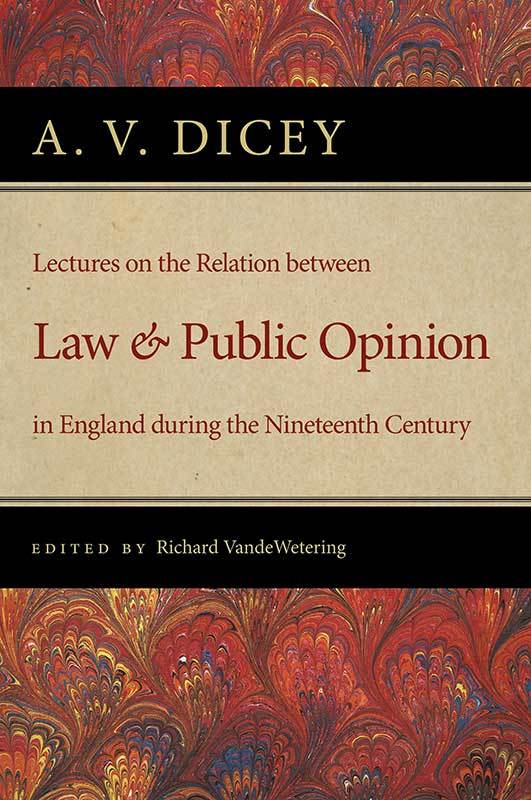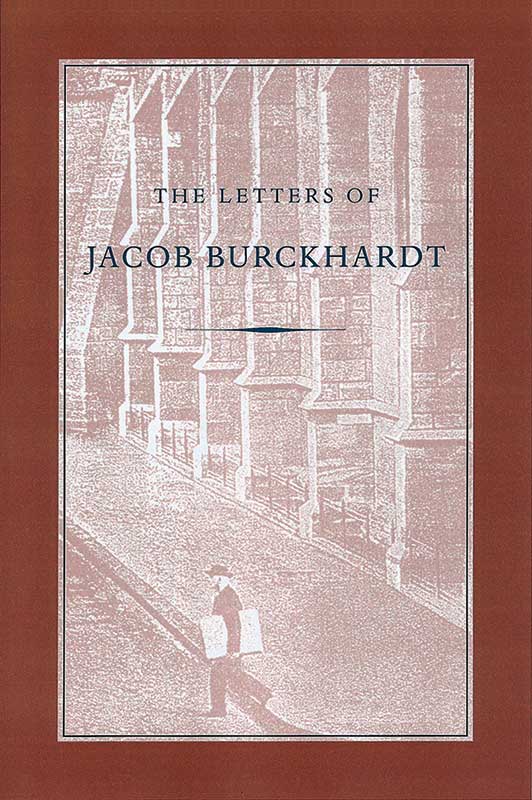SPECIAL OFFERS
-
The History of Civilization in Europe
by François Guizot
/ Learn MoreOriginally given as a series of lectures at the Sorbonne, François Guizot’s History of Civilization in Europe was published to great acclaim in 1828 and is now regarded as a classic in modern historical research. History was particularly influential on Karl Marx, John Stuart Mill, and Alexis de Tocqueville. Tocqueville, in fact, requested that a copy of History be sent…
-
The History of English Law before the Time of Edward I
by Sir Frederick Pollock and Frederic William Maitland
/ Learn MoreFirst published in 1895, Sir Frederick Pollock and Frederic William Maitland’s legal classic The History of English Law before the Time of Edward I expanded the work of Sir Edward Coke and William Blackstone by exploring the origins of key aspects of English common law and society and with them the development of individual rights as these were gradually carved…
-
The IEA, the LSE, and the Influence of Ideas
by Arthur Seldon
/ Learn MoreVolume 7 of The Collected Works of Arthur Seldon includes six works that discuss the role of the Institute of Economic Affairs, where Seldon spent most of his working life. Friedrich Hayek regarded himself as partly responsible for the creation of the IEA. The Institute, founded by Sir Antony Fisher, was influential not only in the United Kingdom—where it had…
-
The Illusion of the Epoch
by H. B. Acton
/ Learn MoreThe Illusion of the Epoch helps readers to understand the roots of Marxism-Leninism and its implications for philosophy, modern political thought, economics, and history. As Professor Tim Fuller has written, this “is not an intemperate book, but rather an effort at a sustained, scholarly argument against Marxian views.” H. B. Acton (1908–1974) taught at Bedford College (London), the University of…
-
Indexes
by
/ Learn MoreThis volume presents a comprehensive index to the entire series of The Collected Works of James M. Buchanan. Included is an annotated copy of the entire curriculum vitae, indicating in which volume in the series the various items appear and, correspondingly, those items that have been omitted. As the editors observe, “This is a series that no serious scholar of…
-
Interventionism
by Ludwig von Mises
/ Learn MoreInterventionism provides Mises’s analysis of the problems of government interference in business from the Austrian School perspective. Written in 1940, before the United States was officially involved in World War II, this book offers a rare insight into the war economies of Hitler’s Germany and Mussolini’s Italy. Mises criticizes the pre–World War II democratic governments for favoring socialism and interventionism…
-
Introducing Market Forces into “Public” Services
by Arthur Seldon
/ Learn MoreIntroducing Market Forces into “Public” Services is the fourth volume in Liberty Fund’s The Collected Works of Arthur Seldon. It brings together six of Seldon’s most pivotal essays that discuss his alternative proposals for paying for “public” services rather than through coercive taxation. Specifically, Seldon focuses on the varied use of vouchers and the choices people have regarding purchasing or…
-
The Isle of Pines and Plato Redivivus
by Henry Neville
/ Learn MoreHenry Neville (1620–1694), writes David Womersley in his Introduction, was “an experienced political actor who united a practitioner’s sense of possibility with literary flair and imagination as he struggled to achieve headway for his republican commitments in the deceptive waters of late Stuart monarchy.” Educated at Oxford, Neville made an extended visit to Italy in 1643–44, where he formed long-standing…
-
Josiah Tucker: A Selection from His Economic and Political Writings
by Josiah Tucker
/ Learn MoreJosiah Tucker (1713–1799) was one of the foremost thinkers of eighteenth-century England in the fields of economics, international relations, political theory, and imperialism. He shared the opinion, prevalent in his day, that Great Britain was underpopulated and observed with regret the immigration to America, believing that the colonies brought Britain no benefits. He thought instead that colonies were too costly to…
-
Law, Liberty, and Parliament
by Allen D. Boyer
/ Learn MoreSir Edward Coke remains one of the most important figures in the history of the common law. The essays collected in this volume provide a broad context for understanding and appreciating the scope of Coke’s achievement: his theory of law, his work as a lawyer and a judge, his role in pioneering judicial review, his leadership of the Commons, and…
-
Lectures on the Relation between Law and Public Opinion in England during the Nineteenth Century
by A. V. Dicey
/ Learn MoreThis volume brings together a series of lectures A. V. Dicey first gave at Harvard Law School on the influence of public opinion in England during the nineteenth century and its impact on legislation. Dicey’s lectures were accurate as a reflection of the anxieties felt by turn-of-the-century Benthamite Liberals in the face of Socialist and New Liberal challenges. A. V.…
-
The Letters of Jacob Burckhardt
by Jacob Burckhardt
/ Learn MoreAs a rule, an author’s correspondence possesses only a secondary interest, but Jacob Burckhardt’s letters are of primary interest to students of history because of the nature of the man and of his major writings. Judgments on History and Historians, for example, consists not of Burckhardt’s own lectures, but of notes on his lectures by one of his greatest students.
35% OFF YOUR ENTIRE BOOK PURCHASE
With promo code:
FALL2025
Expires October 31, 2025

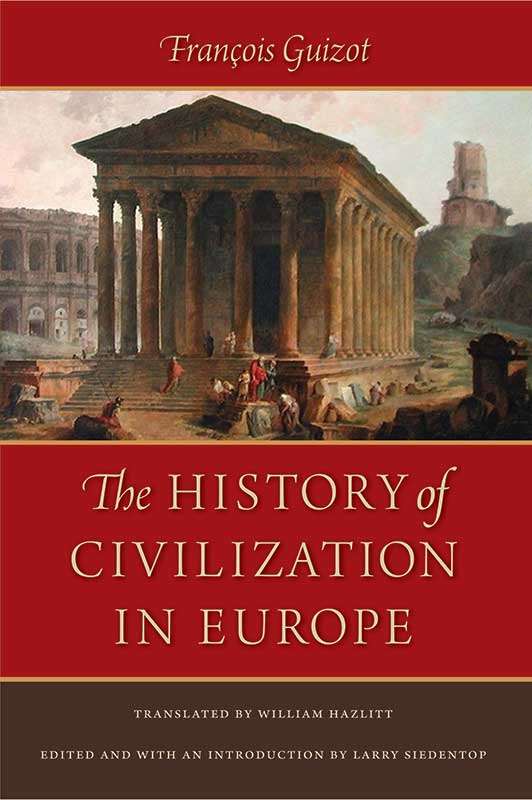
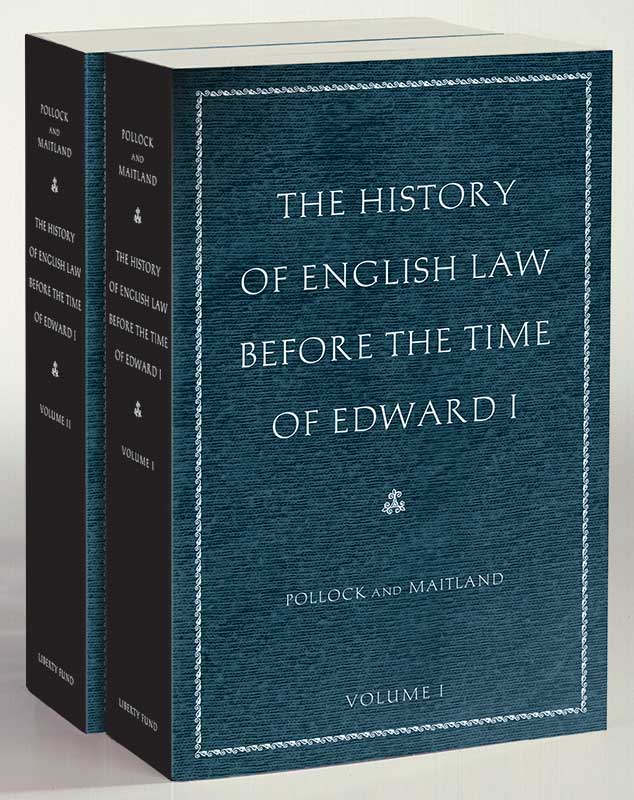
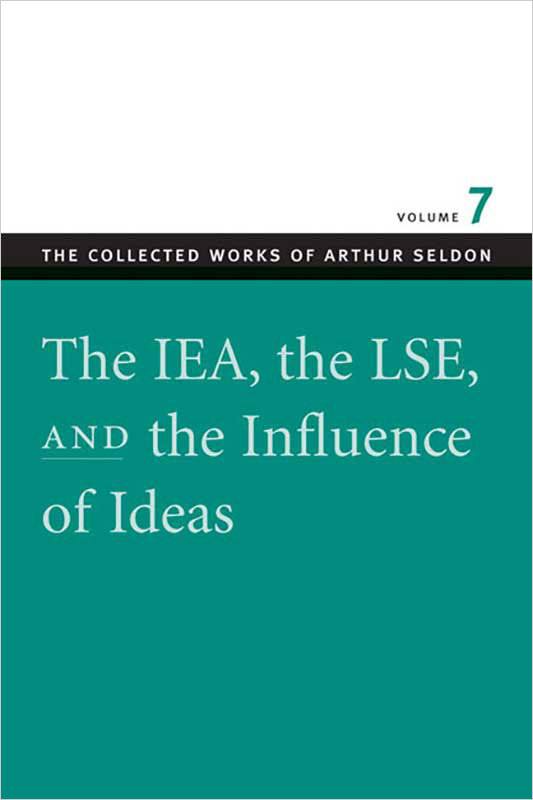
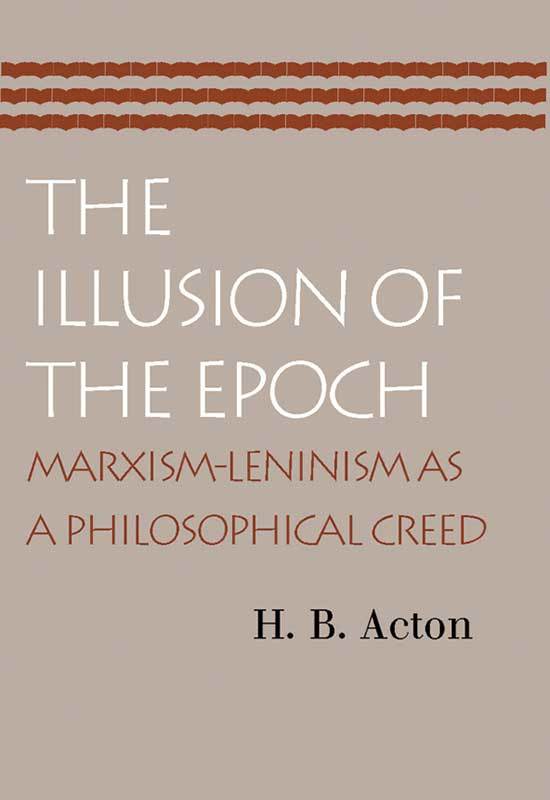
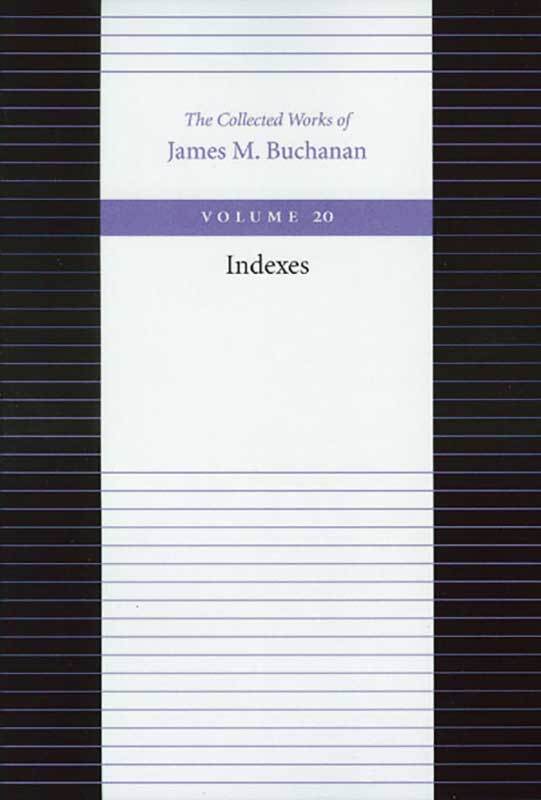
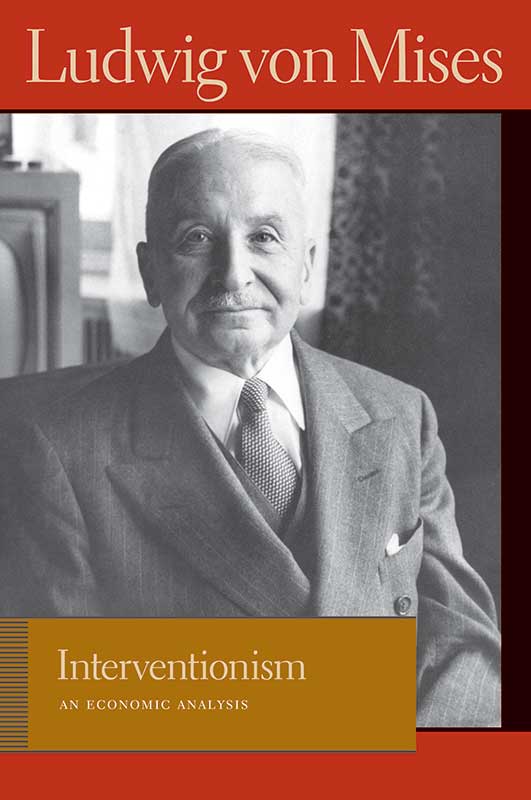

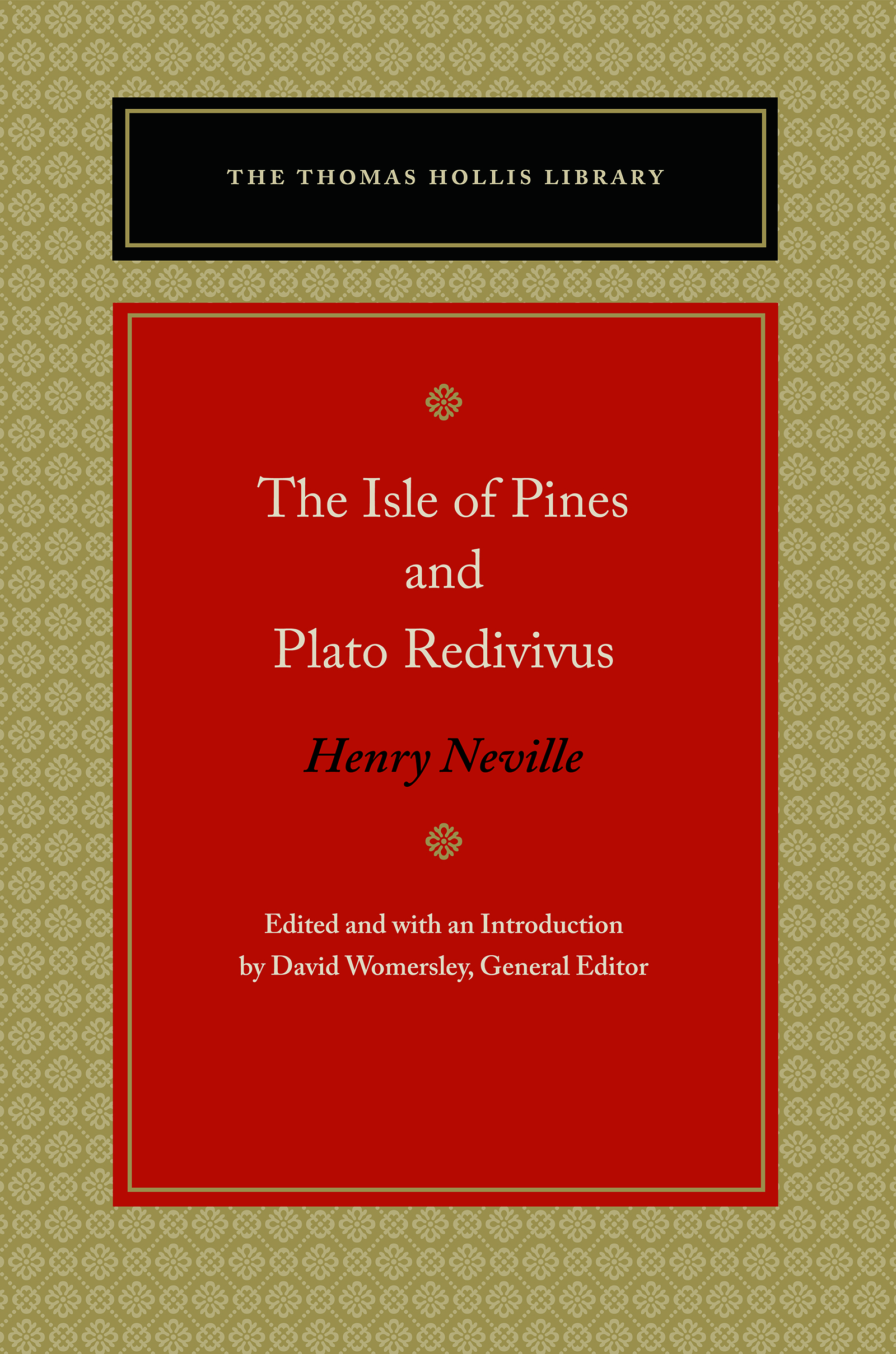
![TuckerSelection 9780865979307[1]](https://about.libertyfund.org/wp-content/uploads/2021/09/TuckerSelection_97808659793071.jpg)

